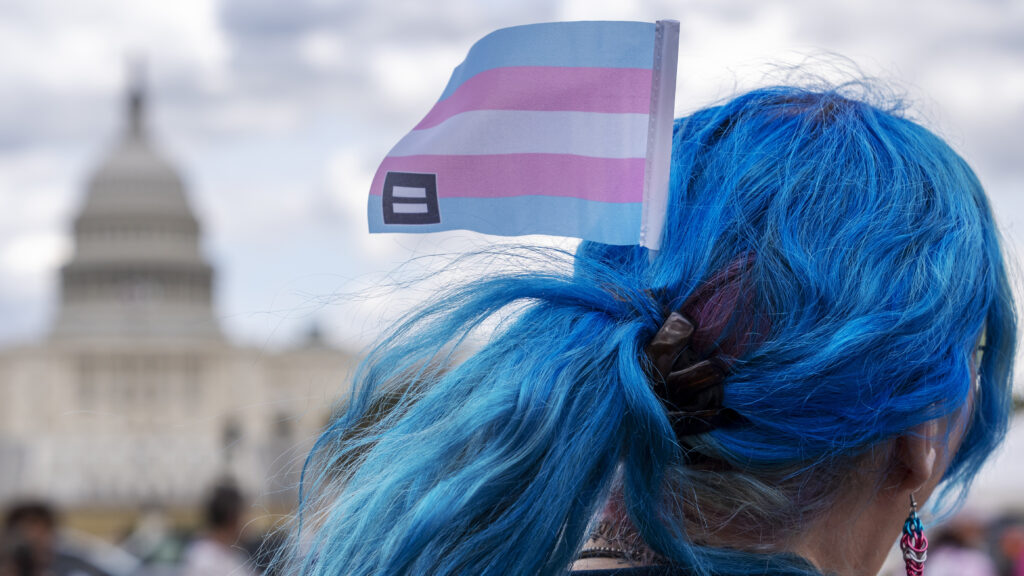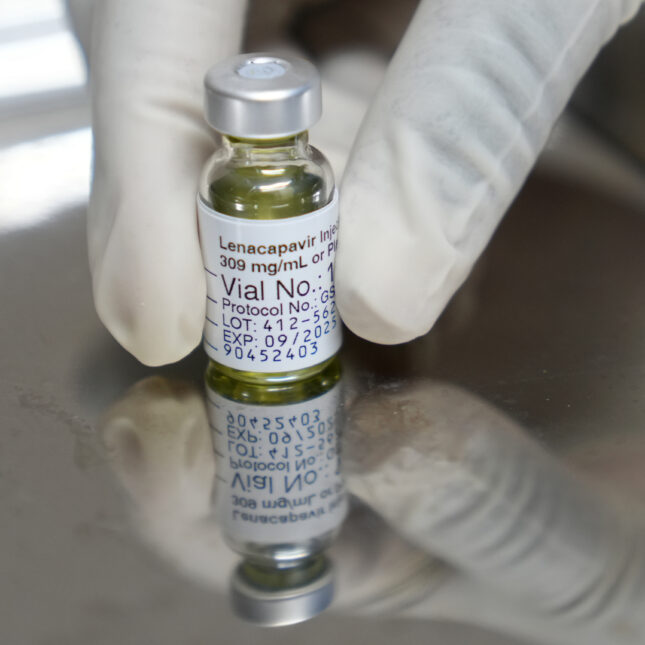The Supreme Court will hear oral arguments Tuesday in Chiles v. Salazar, a pivotal case challenging a Colorado law that prohibits licensed mental health practitioners from attempting to alter a young person’s sexual or gender identity, commonly referred to as conversion therapy. This marks the first instance where the nation’s highest court will address such prohibitions.
The implications of the Court’s decision could extend beyond the immediate legal landscape, potentially influencing the broader regulation of medical practices. The ruling may necessitate a reevaluation of how civil rights for LGBTQ+ individuals are weighed against religious freedoms, particularly since conversion therapy is frequently performed within religious contexts. This case could set a precedent that impacts not only mental health practitioners but also the pharmaceutical and healthcare industries as they navigate the complexities of compliance and ethical standards.
Use the database as your supply chain compass →



